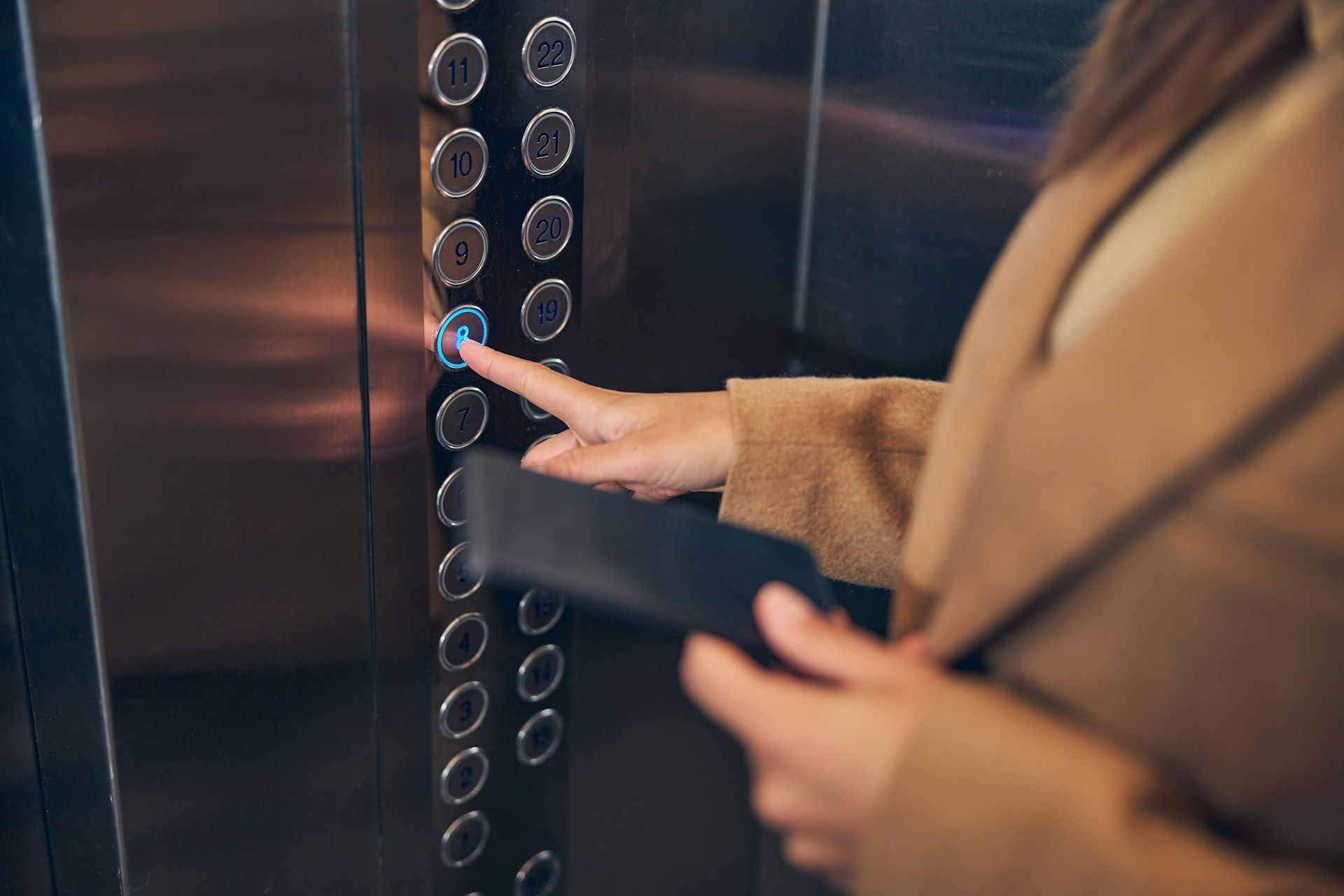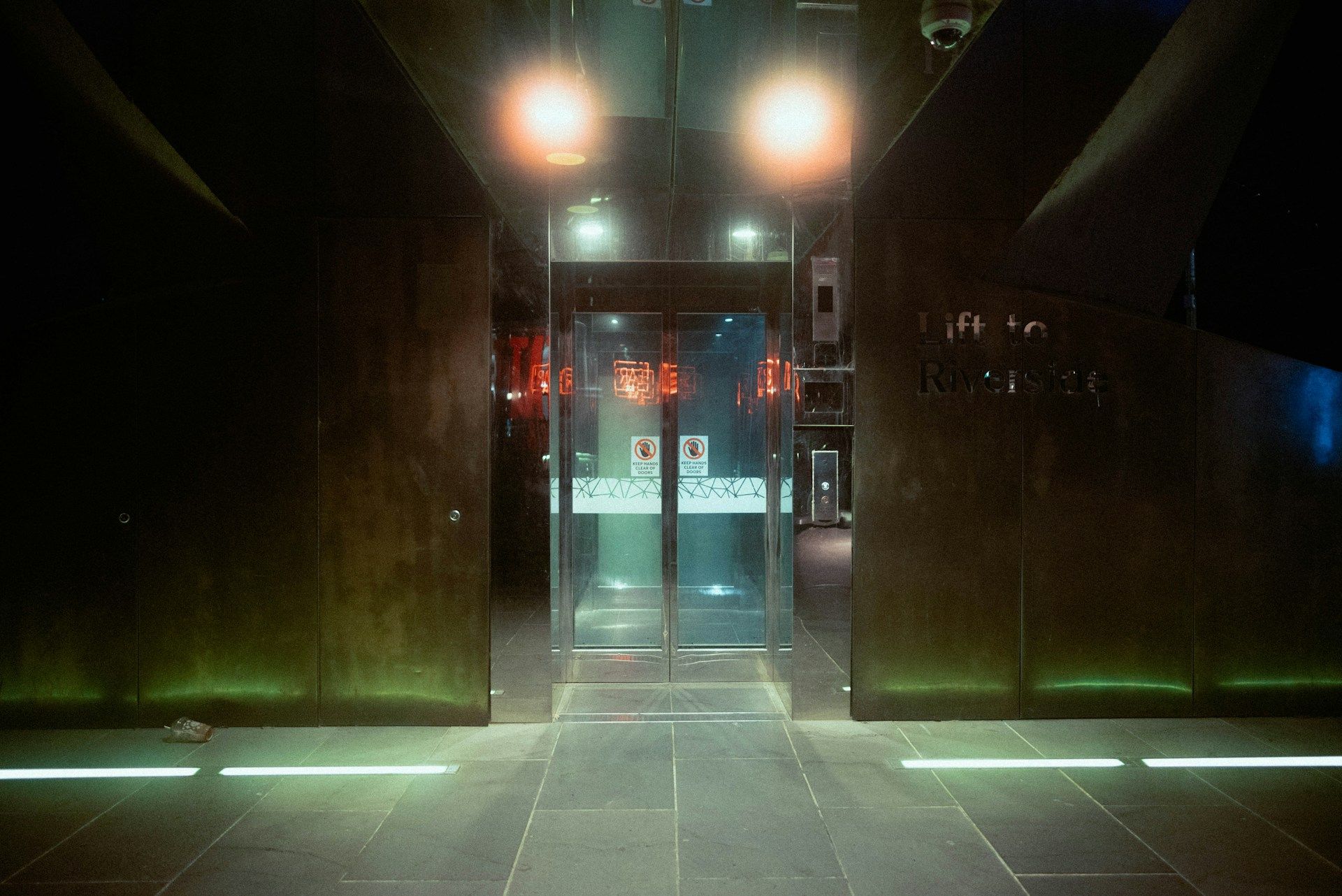Commercial Building Owners' Guide to Proper Elevator Maintenance for Maximum Life Span and Safety
Maintaining a commercial building can be quite the task. There are so many aspects to consider—electricity, plumbing, HVAC, security, and yes, the often overlooked yet crucial, elevators. As a building owner, you might be well-versed in managing most of these aspects, but when it comes to elevators, things can get a little tricky.
They aren't quite as straightforward as changing a light bulb or fixing a leaky sink. Yet, their maintenance is as important as any other component in your building. Proper elevator maintenance not only ensures the safety of the building's occupants but can also prolong the elevator's life span, saving you from early replacement costs.
There's a bit of a science to it, as well as a lot of regulations and safety measures to keep in mind. It's not just about keeping the elevators running smoothly, but also ensuring that they adhere to the latest safety standards.
That's why we've put together this comprehensive guide to help you navigate through the ins and outs of elevator maintenance. We'll cover everything from recognizing early signs of elevator issues, regular checks to perform, understanding maintenance contracts to how to handle major repairs or replacements.
The Benefits of Preventive Maintenance
1. Prolonged Equipment Life Span
Regular and preventive elevator maintenance ensures that your equipment operates at peak efficiency and experiences minimal wear and tear. Proper upkeep helps extend the life span of your elevator system, reducing the need for costly replacements and modernizations.
2. Enhanced Safety and User Satisfaction
Proactive maintenance reduces the risk of equipment failure, ensuring that your elevator system remains safe and reliable for all users. A well-maintained system contributes to increased user satisfaction by providing smooth, efficient, and stress-free transportation.
3. Compliance with Code Standards
Regular elevator maintenance enables you to identify and rectify any issues before they become non-compliant with applicable code standards. This helps you avoid the risk of fines, sanctions, or even accidents resulting from non-compliant elevator systems.
Key Components Requiring Regular Maintenance
1. Elevator Controls and Indicators
Schedule regular inspections and maintenance of elevator controls and indicators, such as buttons, lights, and display panels. Properly functioning controls ensure smooth communication between the user and the elevator system, contributing to an efficient and pleasant experience.
2. Elevator Doors and Door Operators
Elevator doors are high-wear components and require frequent maintenance checks to ensure smooth and safe operation. Regular inspections and adjustments ensure that your door system operates efficiently and complies with safety standards.
3. Drive System and Motor
Elevator drive systems, including traction, hydraulic, or machine roomless variants, make sure that the elevator car moves efficiently and comfortably. Regular drive system maintenance helps prolong equipment life, improve performance, and reduce the risk of breakdowns.
4. Safety Systems and Devices
Elevator safety systems, such as emergency brakes, buffers, and alarm devices, should undergo regular maintenance to ensure they are in optimal working condition. Timely upkeep ensures the effectiveness of these critical safety components, offering essential protection for elevator users.
Partnering with a Reputable Elevator Solutions Provider
1. Expertise in Elevator Maintenance
Elevator Solutions Inc. offers a wealth of experience and knowledge in elevator maintenance, ensuring that your building's elevator system receives the best care possible. Our team of skilled technicians is equipped to handle maintenance tasks for a wide variety of elevator types and brands.
2. Customized Maintenance Plans
Elevator Solutions Inc. understands that each building and elevator system is unique and requires a tailored approach to maintenance. We work closely with building owners and property managers to develop customized maintenance plans that suit the specific needs of your elevator system.
3. Comprehensive Support and Resources
In addition to scheduled maintenance, Elevator Solutions Inc. can assist with a range of other elevator-related services, including installation, modernization, repair, and even wheelchair and material lift services. Our comprehensive support ensures that all aspects of your elevator system are expertly managed and maintained.
Understanding the Importance of Regular Elevator Maintenance for Commercial Buildings
In essence, proper elevator maintenance is a strategic investment for commercial building owners. It enhances the value of the building, ensures the safety of its occupants, and contributes to a positive user experience. Reach out to Elevator Solutions Inc. for expert assistance in
elevator maintenance services and elevate your building's vertical transportation systems to new heights.



